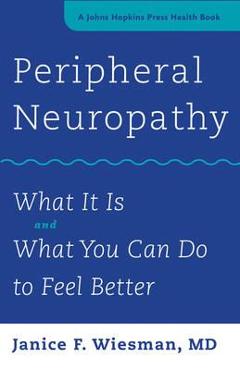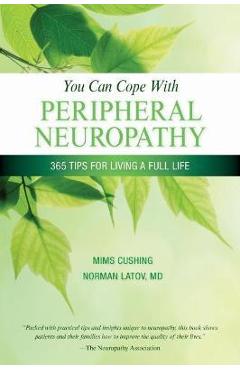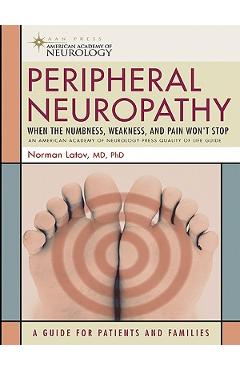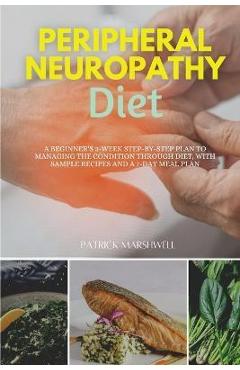Peripheral Neuropathy

Detalii Peripheral Neuropathy
libris.ro
153 Lei
170 Lei
Health & Fitness
Janice F. Wiesman
Peripheral Neuropathy - Disponibil la libris.ro
Pe YEO găsești Peripheral Neuropathy de la Janice F. Wiesman, în categoria Health & Fitness.
Indiferent de nevoile tale, Peripheral Neuropathy din categoria Health & Fitness îți poate aduce un echilibru perfect între calitate și preț, cu avantaje practice și moderne.
Preț: 153 Lei
Caracteristicile produsului Peripheral Neuropathy
- Brand: Janice F. Wiesman
- Categoria: Health & Fitness
- Magazin: libris.ro
- Ultima actualizare: 28-10-2025 01:22:05
Comandă Peripheral Neuropathy Online, Simplu și Rapid
Prin intermediul platformei YEO, poți comanda Peripheral Neuropathy de la libris.ro rapid și în siguranță. Bucură-te de o experiență de cumpărături online optimizată și descoperă cele mai bune oferte actualizate constant.
Descriere magazin:
Nearly one in fifteen people-that\'s 20 million people in the United States-suffers from peripheral neuropathy, or nerve damage. Caused by such conditions as diabetes, cancer, vitamin deficiencies, and kidney disease as well as certain drugs and toxins, neuropathy brings numbness, tingling, and burning in the feet, legs, and fingertips. Neuropathy can be more than uncomfortable-it can be disabling: people whose fingertips are numb may find it hard to button clothing and complete other everyday tasks. Neuropathy is often dangerous, as well: people who cannot feel their feet are more likely to stumble and fall, and they may not notice injuries that need medical attention. Dr. Janice F. Wiesman, a neurologist with twenty years of experience helping people who have neuropathy find relief, shares her special insights into this painful and debilitating condition. With exceptional clarity, Dr. Wiesman begins by outlining the basics of nerve anatomy and function. She explains how peripheral neuropathy is diagnosed and treated, describes neuropathy\'s disparate causes, and offers readers lifestyle changes that can help keep nerves healthy. A useful glossary defines terms, patient stories offer real-world experiences, and illustrations provide a visual key to the condition. A detailed resources section points the reader to reliable web sites and organizations that offer more help. Concentrating on the most common types of neuropathy, Dr. Wiesman provides hope, help, and comfort to patients, families, and caregivers.

Produse asemănătoare

You Can Cope with Peripheral Neuropathy - Mims Cushing
![]() libris.ro
libris.ro
Actualizat in 28/10/2025
105.74 Lei

